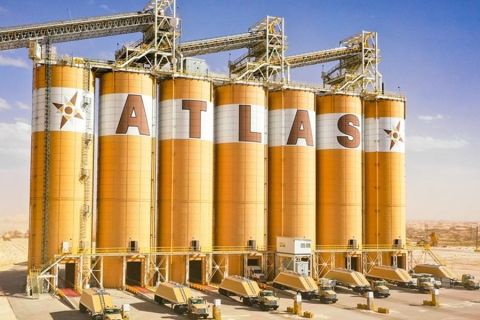Italy’s RINA Services updated its rules for the classification of fixed offshore platforms, the company said March 24. The new rules were developed to reduce accident risk and environmental damage.
The new rules and guidelines will be published in May and will cover classification, certification and verification. Topics covered include original design, fabrication, installation, structural assessment, topside process certification, life extension assessment and decommissioning.
Platform designers and operators can choose from and mix three approaches: classification, certification and verification.
Under each of the approaches, RINA’s rules now allow for load and resistance factor design (LRFD) for structural assessment. International standards incorporated include API RP 2A and the ISO 19900 series.
The rules set out clear guidelines and requirements for assessing fatigue and corrosion issues to determine what must be done to allow platforms to continue to operate beyond their design life.
The life extension approach incorporates risk-based inspection (RBI) and risk-based maintenance planning. RBI can benefit operators economically by better targeting inspection and maintenance resources and reducing downtime, RINA said. RBI, monitoring and measurement in service are included in the requirements and guidance for topside process certification or verification.
RINA Services SPA provides classification, certification, inspection and testing services for offshore platforms around the world.
Recommended Reading
Fire Closes Atlas Energy’s Kermit, Texas Mining Facility
2024-04-15 - Atlas Energy Solutions said no injuries were reported and the closing of the mine would not affect services to the company’s Permian Basin customers.
Coalition Launches Decarbonization Program in Major US Cities, Counties
2024-04-11 - A national coalition will start decarbonization efforts in nine U.S. cities and counties following a federal award of $20 billion “green bank” grants.
Exclusive: Scepter CEO: Methane Emissions Detection Saves on Cost
2024-04-08 - Methane emissions detection saves on cost and "can pay for itself," Scepter CEO Phillip Father says in this Hart Energy exclusive interview.
Majority of Recent CO2 Emissions Linked to 57 Producers - Report
2024-04-03 - The world's top three CO2-emitting companies in the period were state-owned oil firm Saudi Aramco, Russia's state-owned energy giant Gazprom and state-owned producer Coal India, the report said.



